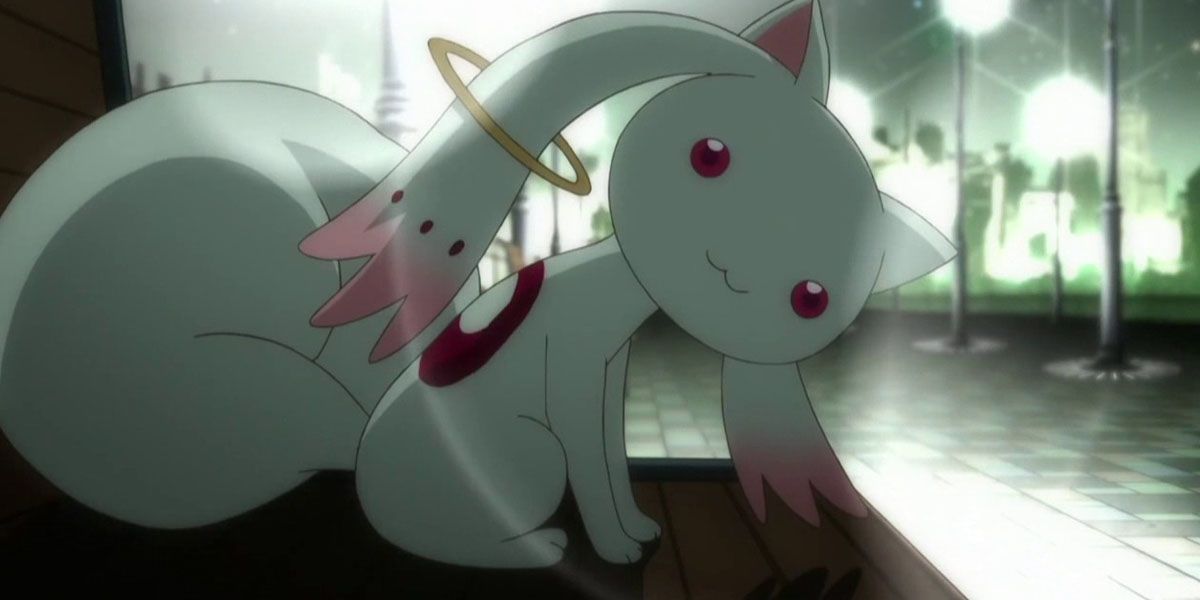“)),[e.width,e.height]=g[o.size_id].split(“x”).map((e=>Number(e)))),e.rubiconTargeting=(Array.isArray(o.targeting)?o.targeting:[]).reduce(((e,t)=>(e[t.key]=t.values[0],e)),{rpfl_elemid:s.adUnitCode}),t.push(e)}else(0,r.logError)(“Rubicon: bidRequest undefined at index position:”.concat(n),i,e);var p,u;return t}),[]).sort(((e,t)=>(t.cpm||0)-(e.cpm||0)))},getUserSyncs:function(e,t,i,o){if(!C&&e.iframeEnabled){let e={};return i&&(“boolean”==typeof i.gdprApplies&&(e.gdpr=Number(i.gdprApplies)),”string”==typeof i.consentString&&(e.gdpr_consent=i.consentString)),o&&(e.us_privacy=encodeURIComponent(o)),e=Object.keys(e).length?”?”.concat((0,r.formatQS)(e)):””,C=!0,{type:”iframe”,url:”https://”.concat(m.syncHost||”eus”,”.rubiconproject.com/usync.html”)+e}}},transformBidParams:function(e,t){return(0,r.convertTypes)({accountId:”number”,siteId:”number”,zoneId:”number”},e)}};function x(e,t){let i;return i=e.params.referrer?e.params.referrer:t.refererInfo.page,e.params.secure?i.replace(/^http:/i,”https:”):i}function b(e){const t=document.getElementById(e.adUnitCode);!function(e){const t=e.querySelector(“div[id^=’google_ads’]”);t&&t.style.setProperty(“display”,”none”)}(t),function(e){const t=e.querySelector(“script[id^=’sas_script’]”),i=t&&t.nextSibling;i&&”iframe”===i.localName&&i.style.setProperty(“display”,”none”)}(t);const i=e.renderer.getConfig();e.renderer.push((()=>{window.MagniteApex.renderAd({width:e.width,height:e.height,vastUrl:e.vastUrl,placement:{attachTo:t,align:i.align||”center”,position:i.position||”append”},closeButton:i.closeButton||!1,label:i.label||void 0,collapse:i.collapse||!0})}))}function y(e,t){let i=e.params;if(“video”===t){let t=[];return i.video&&i.video.playerWidth&&i.video.playerHeight?t=[i.video.playerWidth,i.video.playerHeight]:Array.isArray((0,o.Z)(e,”mediaTypes.video.playerSize”))&&1===e.mediaTypes.video.playerSize.length?t=e.mediaTypes.video.playerSize[0]:Array.isArray(e.sizes)&&e.sizes.length>0&&Array.isArray(e.sizes[0])&&e.sizes[0].length>1&&(t=e.sizes[0]),t}let n=[];return Array.isArray(i.sizes)?n=i.sizes:void 0!==(0,o.Z)(e,”mediaTypes.banner.sizes”)?n=h(e.mediaTypes.banner.sizes):Array.isArray(e.sizes)&&e.sizes.length>0?n=h(e.sizes):(0,r.logWarn)(“Rubicon: no sizes are setup or found”),function(e){const t=[15,2,9];return e.sort(((e,i)=>{const r=t.indexOf(e),o=t.indexOf(i);return r>-1||o>-1?-1===r?1:-1===o?-1:r-o:e-i}))}(n)}function v(e,t,i){const n={user:{ext:{data:{…e.params.visitor}}},site:{ext:{data:{…e.params.inventory}}}};e.params.keywords&&(n.site.keywords=(0,r.isArray)(e.params.keywords)?e.params.keywords.join(“,”):e.params.keywords);let a=(0,r.mergeDeep)({},e.ortb2||{},n),s=(0,o.Z)(e.ortb2Imp,”ext”)||{},c=(0,o.Z)(e.ortb2Imp,”ext.data”)||{};const p=(0,o.Z)(e,”ortb2Imp.ext.gpid”),u={user:[4],site:[1,2,5,6]},l={user:”tg_v.”,site:”tg_i.”,adserver:”tg_i.dfp_ad_unit_code”,pbadslot:”tg_i.pbadslot”,keywords:”kw”},m=function(e,t,n){let a=!(arguments.length>3&&void 0!==arguments[3])||arguments[3],s=function(e,t,i){return”data”===t&&Array.isArray(e)?e.filter((e=>e.segment&&(0,o.Z)(e,”ext.segtax”)&&u[i]&&-1!==u[i].indexOf((0,o.Z)(e,”ext.segtax”)))).map((e=>{let t=e.segment.filter((e=>e.id)).reduce(((e,t)=>(e.push(t.id),e)),[]);if(t.length>0)return t.toString()})).toString():”object”==typeof e&&!Array.isArray(e)||void 0===e?void 0:Array.isArray(e)?e.filter((e=>{if(“object”!=typeof e&&void 0!==e)return e.toString();(0,r.logWarn)(“Rubicon: Filtered value: “,e,”for key”,t,”: Expected value to be string, integer, or an array of strings/ints”)})).toString():e.toString()}(e,n,t),d=l[n]&&a?””.concat(l[n]):”data”===n?””.concat(l[t],”iab”):””.concat(l[t]).concat(n);i[d]=i[d]?i[d].concat(“,”,s):s};t===d.Mk?([“site”,”user”].forEach((e=>{Object.keys(a[e]).forEach((t=>{“site”===e&&”content”===t&&a[e][t].data?m(a[e][t].data,e,”data”):”ext”!==t?m(a[e][t],e,t):a[e][t].data&&Object.keys(a[e].ext.data).forEach((t=>{m(a[e].ext.data[t],e,t,!1)}))}))})),Object.keys(c).forEach((e=>{“adserver”!==e?m(c[e],”site”,e):”gam”===c[e].name&&m(c[e].adslot,name,e)})),p&&(i.p_gpid=p),i[“tg_i.pbadslot”]&&delete i[“tg_i.dfp_ad_unit_code”]):(Object.keys(s).length&&(0,r.mergeDeep)(i.imp[0].ext,s),p&&(i.imp[0].ext.gpid=p),(0,r.mergeDeep)(i,a))}function h(e){return(0,r.parseSizesInput)(e).reduce(((e,t)=>{let i=parseInt(g[t],10);return i&&e.push(i),e}),[])}function _(e){let t=arguments.length>1&&void 0!==arguments[1]&&arguments[1];return function(e){let t=void 0!==(0,o.Z)(e,”mediaTypes.”.concat(d.pX)),i=void 0!==(0,o.Z)(e,”mediaTypes.”.concat(d.Mk)),r=”object”!=typeof(0,o.Z)(e,”params.video”);return i&&r&&(t=!1),t&&r&&(0,n.N)(e,”params.video”,{}),t}(e)?-1===[“outstream”,”instream”].indexOf((0,o.Z)(e,”mediaTypes.”.concat(d.pX,”.context”)))?void(t&&(0,r.logError)(“Rubicon: mediaTypes.video.context must be outstream or instream”)):y(e,”video”).length<2?void(t&&(0,r.logError)(“Rubicon: could not determine the playerSize of the video”)):(t&&(0,r.logMessage)(“Rubicon: making video request for adUnit”,e.adUnitCode),”video”):0===y(e,”banner”).length?void(t&&(0,r.logError)(“Rubicon: could not determine the sizes for banner request”)):(t&&(0,r.logMessage)(“Rubicon: making banner request for adUnit”,e.adUnitCode),”banner”)}function j(e){let t=!1;const i=[“asi”,”sid”,”hp”];return e.nodes?(t=e.nodes.reduce(((e,t)=>e?i.every((e=>t.hasOwnProperty(e))):e),!0),t||(0,r.logError)(“Rubicon: required schain params missing”),t):t}function k(e,t){return”rp_schain”===e?”rp_schain=”.concat(t):””.concat(e,”=”).concat(encodeURIComponent(t))}var C=!1;(0,a.dX)(f),window.pbjs.installedModules.push(“rubiconBidAdapter”)}},e=>{e.O(0,[6866],(()=>{return t=40060,e(e.s=t);var t}));e.O()}]); (self.pbjsChunk=self.pbjsChunk||[]).push([[2972],{54834:(o,e,t)=>{var n=t(64358),i=t(92797),r=t(51039),d=t(15164),a=t(34516);const u=(0,d.df)({moduleName:”pubCommonId”,gvlid:a.$P}),c=”cookie”,l=”html5″,s=”_pubcid_optout”,f=”PublisherCommonId”;function m(o,e){if(e===c)return u.getCookie(o);if(e===l&&u.hasLocalStorage()){const e=u.getDataFromLocalStorage(“”.concat(o,”_exp”));if(!e)return u.getDataFromLocalStorage(o);if(new Date(e).getTime()-Date.now()>0)return u.getDataFromLocalStorage(o)}}function g(o,e){return function(t){“function”==typeof e&&e(),t(o)}}function p(o){let e=arguments.length>1&&void 0!==arguments[1]?arguments[1]:””;if(!o)return;const t=(0,n.parseUrl)(o);t.search.id=encodeURIComponent(“pubcid:”+e);const i=(0,n.buildUrl)(t);return function(){(0,n.triggerPixel)(i)}}function I(){return!!(u.cookiesAreEnabled()&&m(s,c)||u.hasLocalStorage()&&m(s,l))}const v={name:”sharedId”,aliasName:”pubCommonId”,gvlid:a.$P,decode(o,e){if(I())return void(0,n.logInfo)(“PubCommonId decode: Has opted-out”);(0,n.logInfo)(” Decoded value PubCommonId “+o);return{pubcid:o}},getId:function(){let o=arguments.length>0&&void 0!==arguments[0]?arguments[0]:{},e=arguments.length>2?arguments[2]:void 0;if(I())return void(0,n.logInfo)(“PubCommonId: Has opted-out”);if(r.VP.getCoppa())return void(0,n.logInfo)(“PubCommonId: IDs not provided for coppa requests, exiting PubCommonId”);const{params:{create:t=!0,pixelUrl:i}={}}=o;let d=e;if(!d){try{“object”==typeof window[f]&&(d=window[f].getId())}catch(o){}d||(d=t&&(0,n.hasDeviceAccess)()?(0,n.generateUUID)():void 0)}return{id:d,callback:g(d,p(i,d))}},extendId:function(){let o=arguments.length>0&&void 0!==arguments[0]?arguments[0]:{},e=arguments.length>2?arguments[2]:void 0;if(I())return(0,n.logInfo)(“PubCommonId: Has opted-out”),{id:void 0};if(r.VP.getCoppa())return void(0,n.logInfo)(“PubCommonId: IDs not provided for coppa requests, exiting PubCommonId”);const{params:{extend:t=!1,pixelUrl:i}={}}=o;if(t){if(i){return{callback:p(i,e)}}return{id:e}}},domainOverride:function(){const o=document.domain.split(“.”),e=”_gd”.concat(Date.now());for(let t,n,i=0;i
Anime mascots like Mr. Cat from Princess Tutu or Bleach’s Kon are cruel and obnoxious characters fans can’t get behind.
From adorable fluffy animals to helpful and powerful sidekicks, anime has no shortage of memorable, lovable mascots. Mascot characters often become the series’ symbol, impacting the franchise’s visual identity and appearing on best-selling merchandise. Some mascot creatures have a crucial part in the narrative’s progression, like the Straw Hats’ doctor Chopper from One Piece. Others, like Pochita from Chainsaw Man, rarely appear on-screen, serving as a spiritual symbol of the show.
Most anime choose animals or magical creatures to be their mascots. It’s hard to resist the charm of cutesy animals, so such support characters commonly become fan favorites. However, even a charming mascot can turn out to be insufferable.
10 President Aria (Aria The Animation)
The main goal of the soothing iyashikei series Aria the Animation is to free the viewers of their worries while taking them through scenic tours of Neo Venezia. However, one character who constantly disturbs the show’s peace and quiet is President Aria, Aria Company’s obnoxious feline mascot.
Designed as a comic relief cat-like mascot for the series, President Aria swiftly becomes its most annoying character. Each episode dedicated to his character feels wasted, as the chubby cat has no appealing personality qualities, and his relevance to the plot doesn’t become apparent until much later. Yet, those who stick with the show for long enough usually grow to tolerate President Aria’s flirtatious antics and gluttony.
9 Puck (Berserk)
The snarky elf Puck, who ties himself to Guts after he accidentally saves the little creature’s life, is designed to contrast the gritty world of Berserk with his whimsical nature. As expected, such a character divided the fans into those who find Puck to be a pleasant distraction and those who can’t stand his lighthearted attitude.
As stated in the manga, the story might be too dark without Puck. Yet, many find the gloomy wickedness of the series to be its crucial merit, and Puck’s interjections often break that somber mood.
8 Mokona Modoki (XxxHolic)
The two rabbit-like creatures from xxxHolic, Mokona Modoki, are definitely one of anime’s weirdest mascots, and many fans don’t consider their uniqueness a merit. The real name of the Black Mokona is Larg, while White Mokona is called Soel. Nevertheless, Mokona is the umbrella name used to address either or both bizarre creatures.
Of the two, Larg is a much more unsettling character, as he constantly teases the hero, Watanuki, and can rarely be seen sober. However, Mokona are a necessary evil, as communication between dimensions would be impossible without them.
7 Chu-Chu (Revolutionary Girl Utena)
Revolutionary Girl Utena is often regarded as the masterclass of shojo deconstruction. Brilliant in its thematic substance and subversion of outdated romance ideals, Revolutionary Girl Utena still couldn’t get away with not adding a cutesy mascot character. Anthy Himemiya’s friend, monkey Chu-Chu, is a polarizing comic relief character who seems very out of place in Utena’s mature world.
Back when the series aired, funny animal mascots were a requirement for almost every shojo anime, regardless of its ambitions to restructure the genre. So, Chu-Chu feels more like an obligatory afterthought than a fleshed-out character.
6 Kon (Bleach)
The plushie lion Kon is a Modified Soul charged with caring for Ichigo Kurosaki’s human body whenever he takes his spiritual form. At first glance, Kon is an adorable Mod-Soul, and his unique design could’ve helped him to become an excellent mascot for Bleach.
Unfortunately, Kon’s personality doesn’t align with typically family-friendly mascot sensibilities. Kon is an arrogant pervert who always takes advantage of his innocent appearance to initiate physical contact with girls. A charming stuffed animal who preys on teenage girls is a disturbing sight, even if the creators intended it to be comical.
5 Hawk (The Seven Deadly Sins)
Hawk the talking pig accompanies Meliodas on his adventures throughout Seven Deadly Sins. He is a character many fans have a hard time liking. At first, Hawk’s antics just come off as infuriating – he is overconfident, needlessly preoccupied with Elizabeth, and obnoxiously prideful.
Claiming to be on par with the Demon King in terms of strength, Hawk gets frightened when faced with any real danger. Later in the series, he is revealed to be Wild’s lost brother from Purgatory. Yet, his sudden significance to the plot did little to reverse the damage done by Hawk’s annoying personality.
4 Koyemshi (Bokurano)
Bokurano is a dark subversion of mecha tropes in which hopeful teen pilots die one by one, and it features an equally unsettling mascot. Koyemshi is a bizarre mouse-like creature with disturbing sharp teeth who tutors the kids after their original teacher, Kokopelli, disappears.
Koyemshi is just as unkind to the children as the rest of the cruel game they unexpectedly signed up to play. Verbally abusing his students with sarcastic comments and patronizing remarks, Koyemshi takes pleasure in causing the children turmoil and discomfort, which is not something one wants in a cutesy mascot.
3 Mr. Cat (Princess Tutu)
Princess Tutu’s Mr. Cat is the ballet teacher at the Gold Crown Academy, which the protagonist, Duck, attends. Compared to other anime mascots, he has an oddly realistic appearance, which makes his actions even more creepy.
Mr. Cat has an odd obsession with marriage, threatening to wed one of his students as a punishment. While he also flirts with adult characters, his unsettling proposals to little girls make him an outstandingly unlikable character. Thankfully, by the end of the series, he transforms into a real cat and finds love with a fellow feline.
2 Umaru Doma (Himouto! Umaru-Chan)
It’s rare to see the show’s protagonist act as its mascot. Yet, the titular heroine of Himouto! Umaru-Chan’s chibi form is collectively considered both the show’s symbol and its greatest annoyance. To the outsiders, Umaru Doma is a model student of outstanding beauty. However, behind closed doors, she transforms into an obnoxious slob who acts like a whiny toddler and abuses her older brother Taihei.
Umaru’s chibi form was intended to seem relatable to otaku viewers. However, such representation is more insulting than sympathetic, as she embodies all the most revolting, disrespectful, and selfish traits a person can have.
1 Kyubey (Puella Magi Madoka Magica)
For all of his initial encouragement and adorable appearance, Puella Magi Madoka Magica’s mascot, Kyubey, is the purest manifestation of evil in the entire series. Appearing in front of emotionally vulnerable kids, Kyubey convinces them to become Magical Girls in exchange for granting them any wish.
In reality, Kyubey comes from a race of Incubators, malicious creatures with no understanding of human emotions. His only goal was to exploit the girls’ overflowing emotions for their energy and prevent the Heat Death of the Universe. And, if that means deceiving and sacrificing innocent children, Kyubey couldn’t care less.
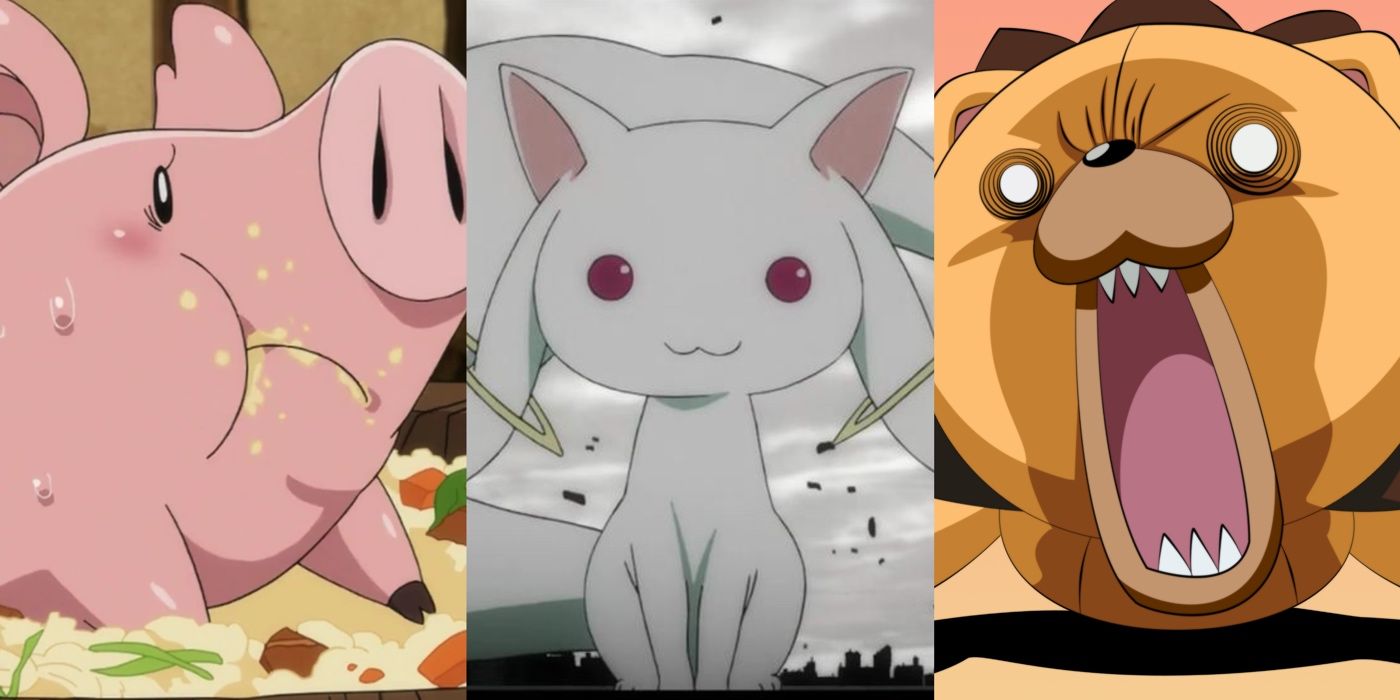




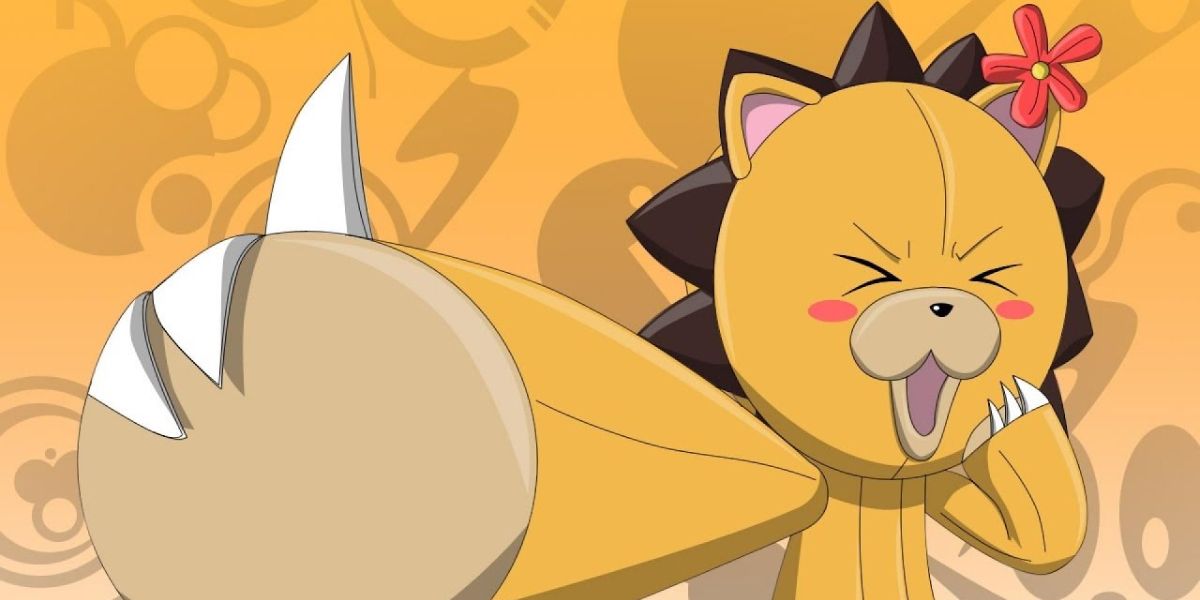
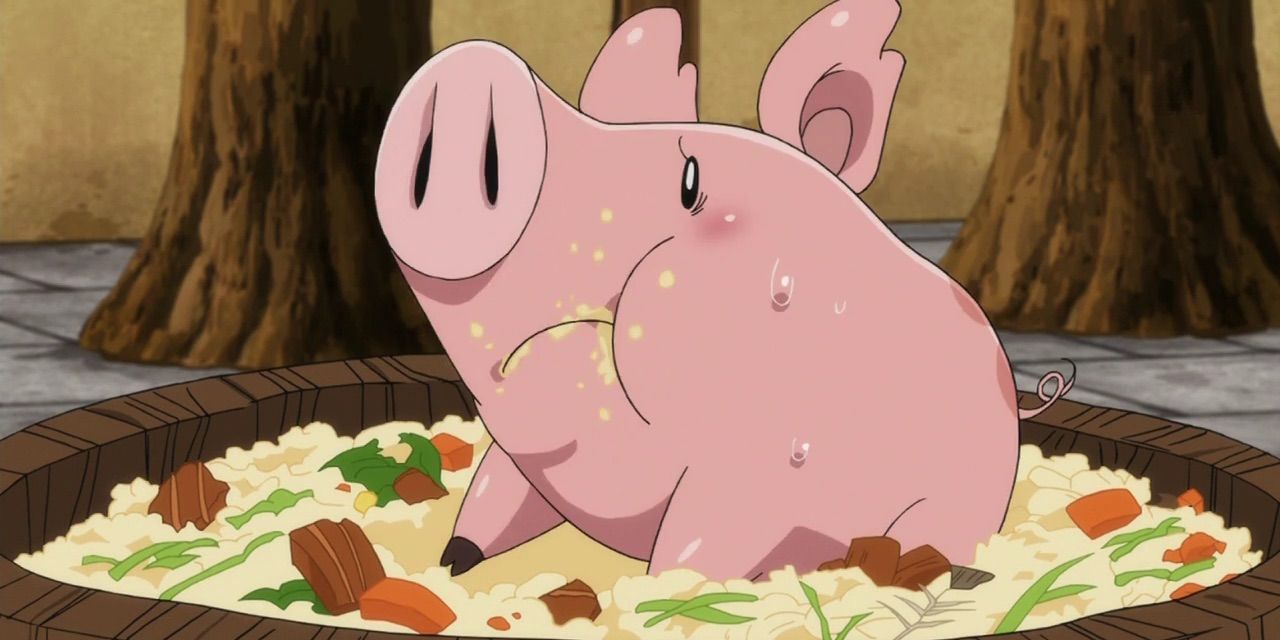
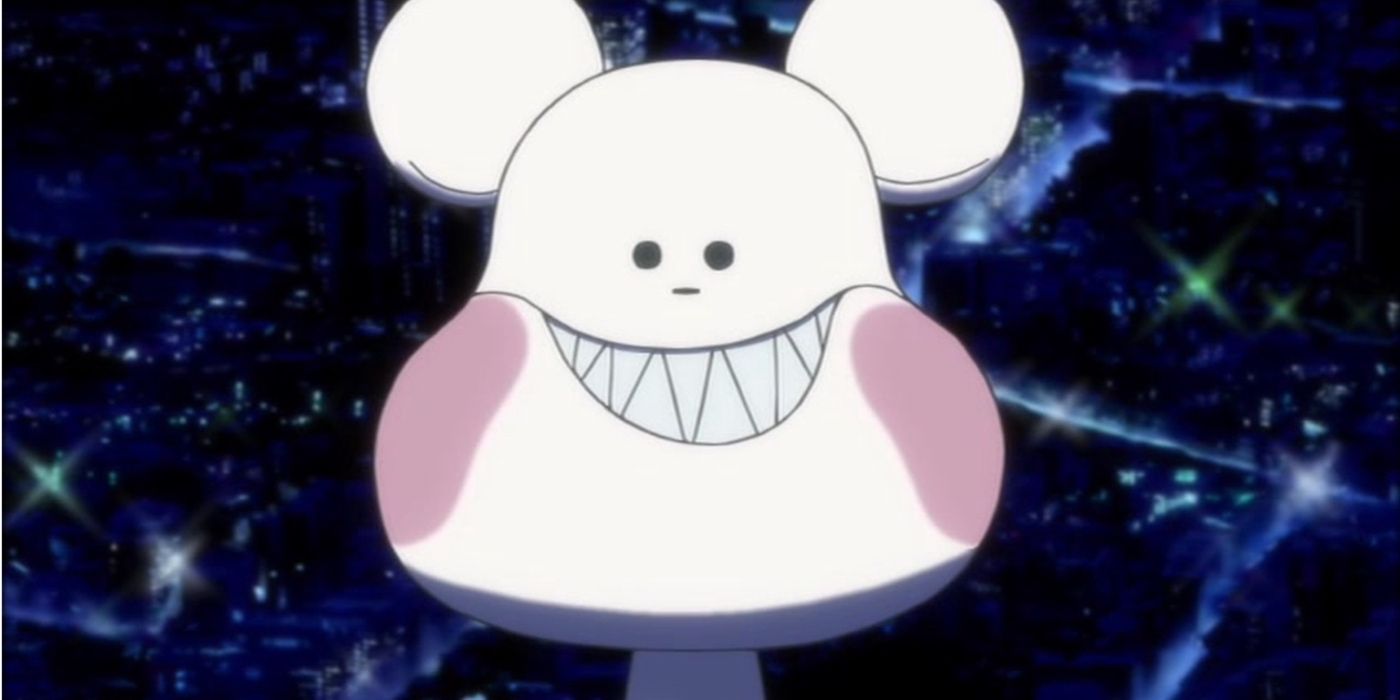

.jpg)
